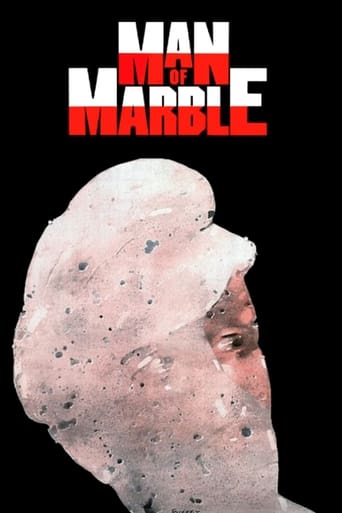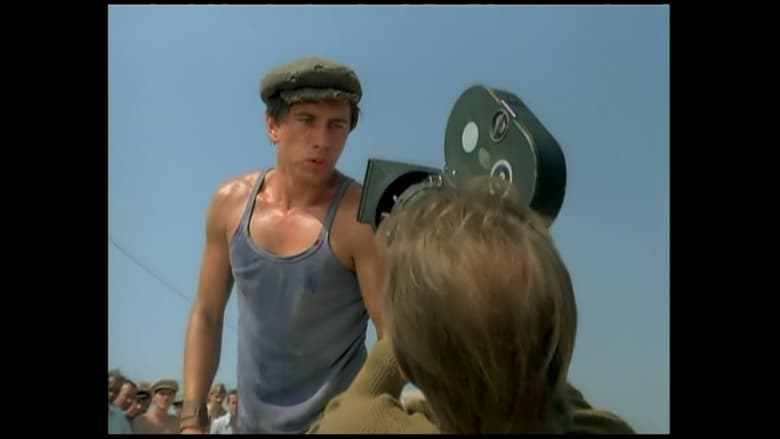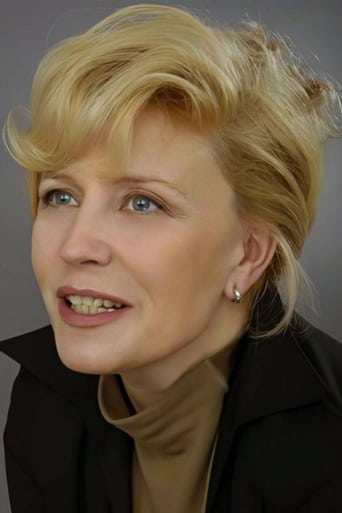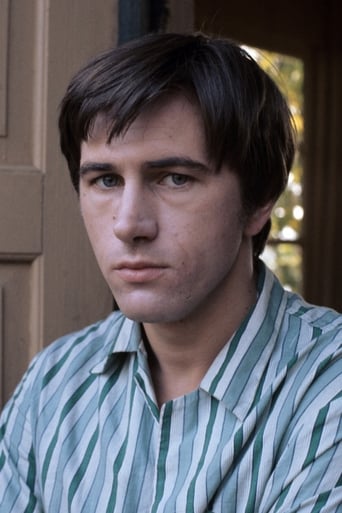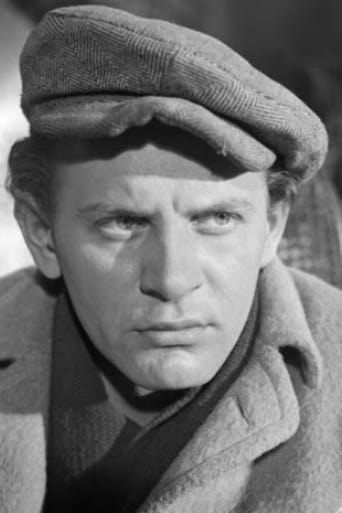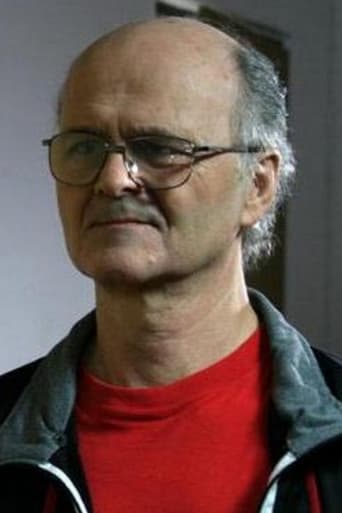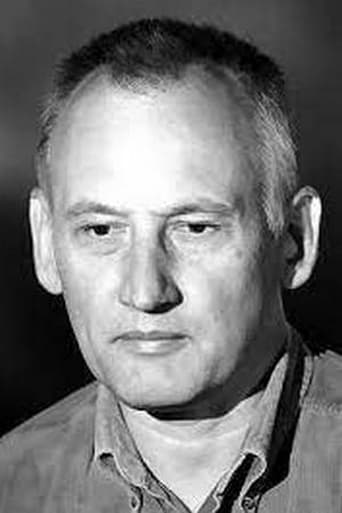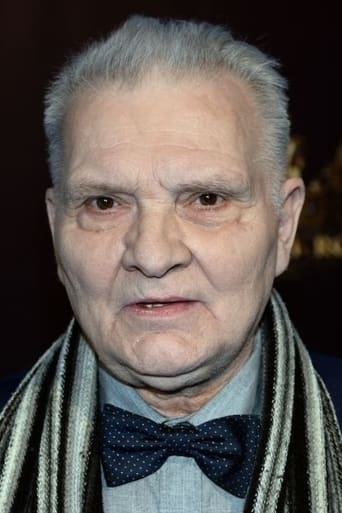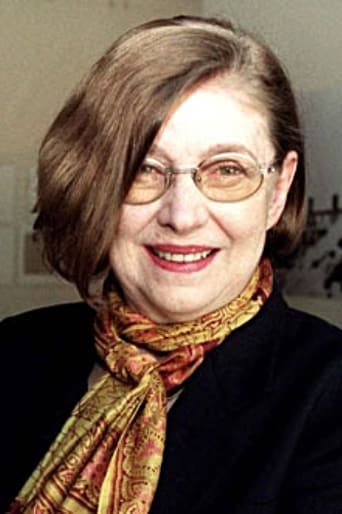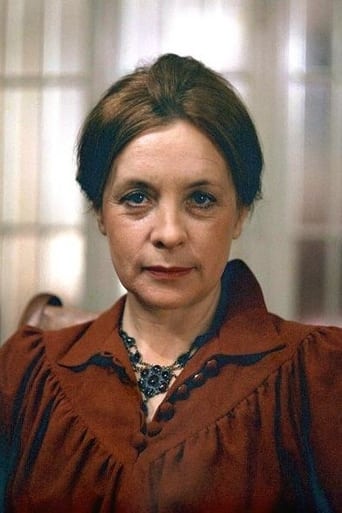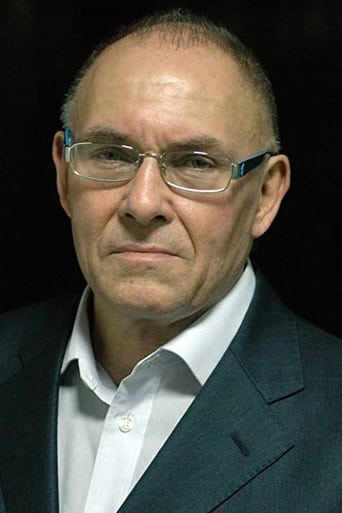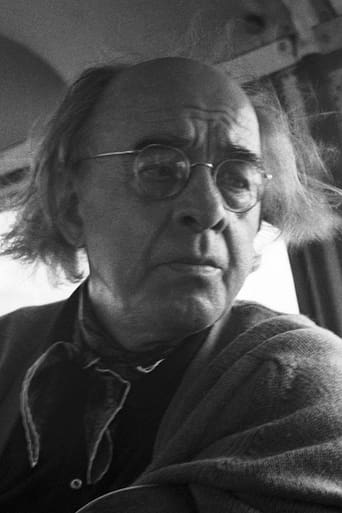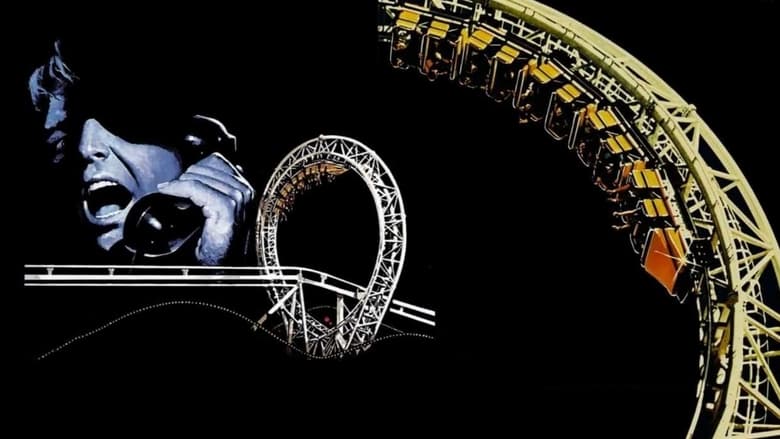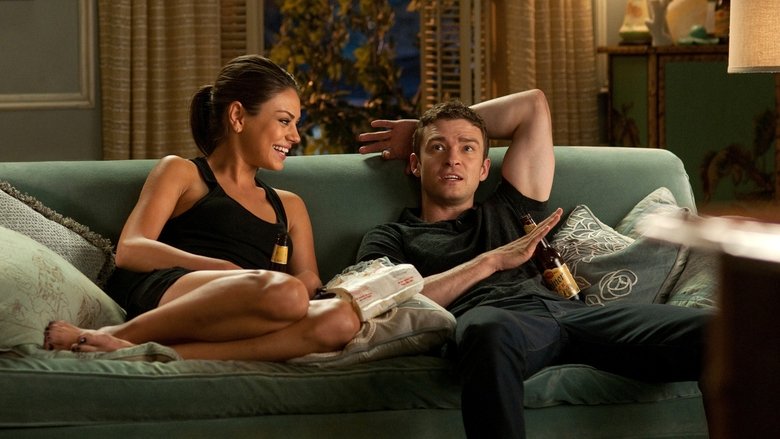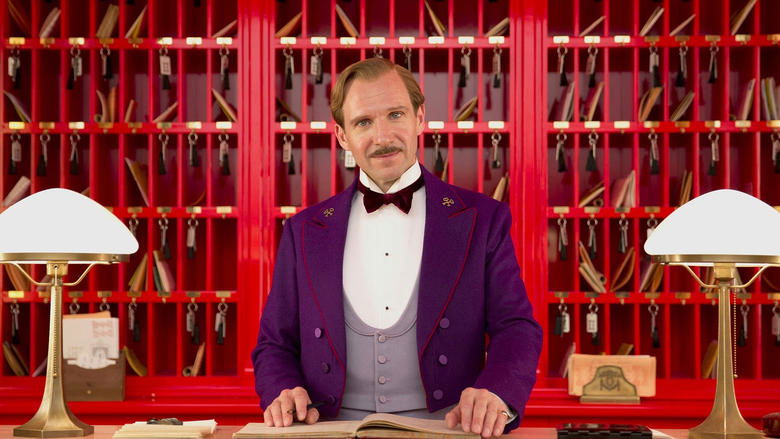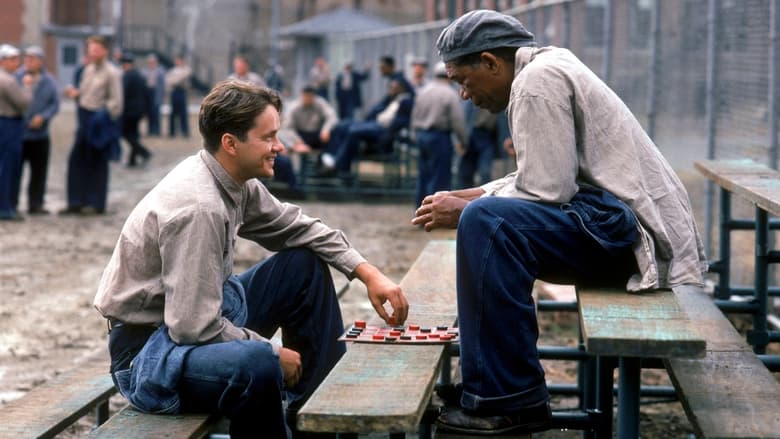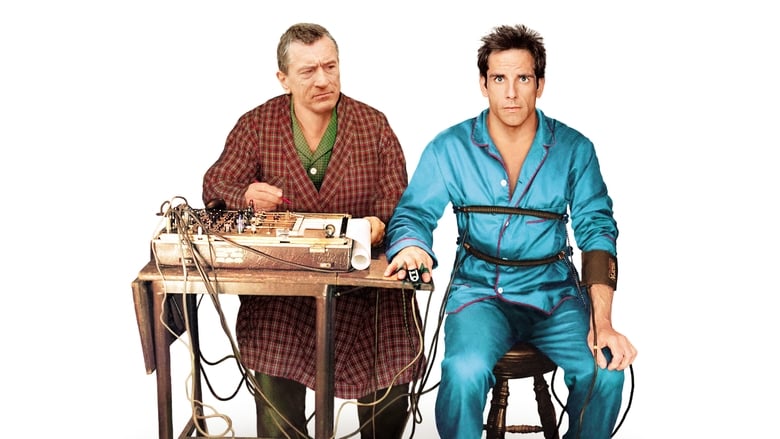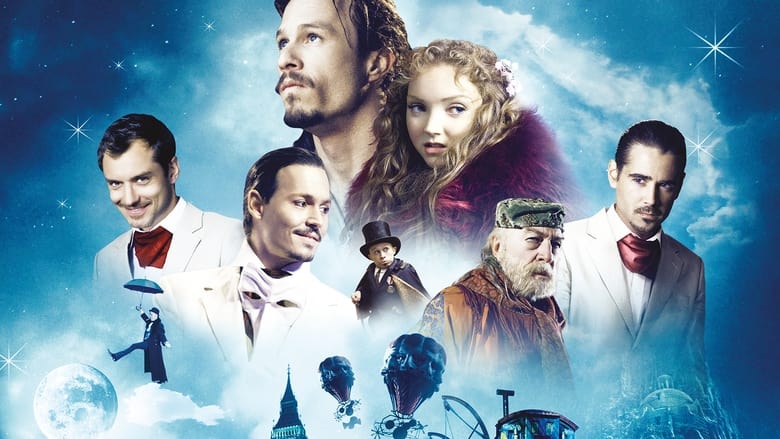A young Polish filmmaker sets out to find out what happened to Mateusz Birkut, a bricklayer who became a propaganda hero in the 1950s but later fell out of favor and disappeared.


Similar titles
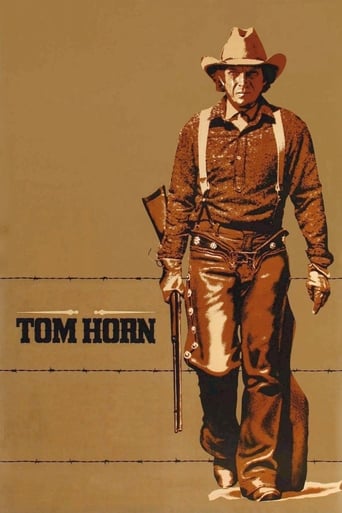
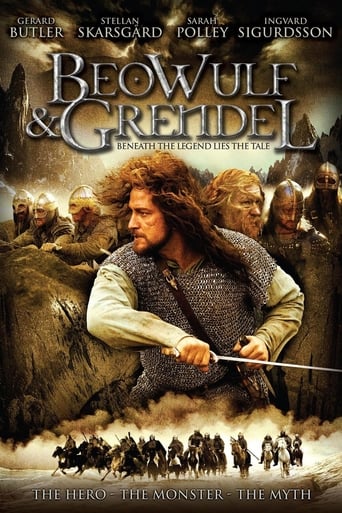
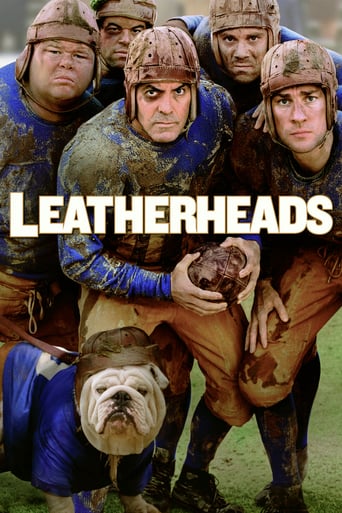

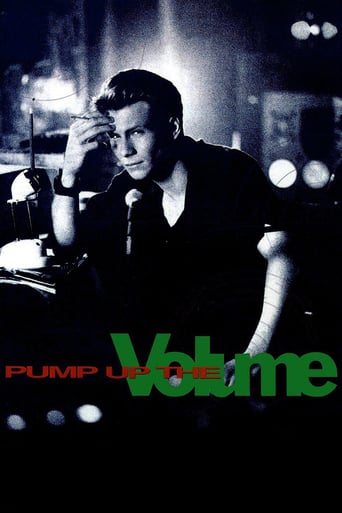
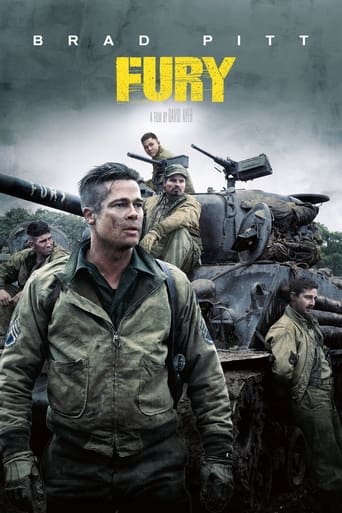
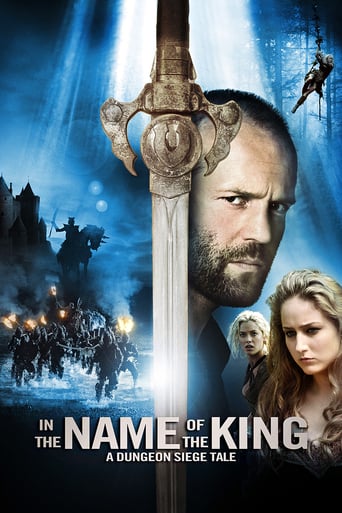

Reviews
In 1976, a young woman in Krakow is making her diploma film, looking behind the scenes at the life of a 1950s bricklayer, Birkut, who was briefly a proletariat hero, at how that heroism was created, and what became of him. She gets hold of outtakes and censored footage and interviews the man's friends, ex-wife, and the filmmaker who made him a hero.What is to be said about this film? Some say it is anti-communist, but is that really fair? At most, it could be said to be anti-Stalinist, which isn't really the same thing when you get down to it. And because one idealist has faded to obscurity, does that put a shadow over the whole movement? The idea is interesting and of course has some historical parallels, but I can't say it ever fully got my attention and would not be one of my favorite Polish films. I would much more have enjoyed an exposition of a real person rather than some fictional creation.
"Czlowiek z marmuru" ("Man of Marble") goes to tells us the story of a filmmaker (Krystyna Janda) who wants to make as a film thesis a documentary about one of the heroes of Poland's communist regime, a simple man named Mateusz Birkut (Jerzy Radziwilowicz), a bricklayer who was famous for building housing for all the people, and that made him a cult figure in his country. She is trying to find Birkut, a popular figure that vanished without any explanation and she'll try to discover what happened with this mythic figure. Interviewing those who knew him and watching old footage of him, the filmmaker will make a great work about this man but her bosses who owns the funds (the Socialist government funds) for the film's realization are not very happy with her film, thinking that this might be a damaging project for them.If the story sounds a little like "Citizen Kane" well, be ready for countless flashbacks, back and forth in the past of Birkut, and an almost inconclusive ending just like Welles masterpiece. But wait! The ending of this journey appears in "Man of Iron" (1981), also directed by the great Andrzej Wajda. "Man of Marble" (term that refers to the propagandistic marble statues made in Birkut's image) is a powerful and brilliant story about the importance of past in the lives of everyone, it's the thing that makes us look for the future with better eyes, and in the film, we are constantly dragged down to it in order to get some answers about Birkut's future: Is he alive? Is he dead? Why he disappeared? Not just that, it is a great accomplish in showing how documentaries are made, both the protagonist work but the ones made up by the government, where Birkut and his friends were "trained" to appear important in front of camera. And, of course, a political and historical background that reveals many things about Poland and how strict the society were back in the 1950's and even in the 1970's with an absolute control on everything filmed, said and all. Unique in many senses, "Man of Marble" present us the sad reality of Communism with masked realities where everything presented as good but in the surface it wasn't all good, and Birkut realizes that after a painful incident and after the suspicion that his friend was a spy, something that he never agreed, and that made him fight with the ones who put him on a good position among people, the government.It is a well made film, with terrific performances by the cast, and a magnificent screenplay that knows how to evoke many times, many periods of Poland without being confusing (something that was problematic in its sequel), everything works fine. Bravo, Mr. Wajda. 10/10
I came to this film after having watched Wajda's "Ashes and Diamonds," which I consider to be one of the finest films I have seen. However, "Man of Marble" was just too quirky for me, leaving me a bit perplexed. The story concerns a young film student, known here only as Agnieszka, who decides to produce a documentary on one Mateusz Birkut as her graduation project. Birkut was an idealistic bricklayer who rose to the status of post-WWII hero by way of displaying superior efficiency and strength. His innovation of how to use a small team to accomplish improved production came to be so well recognized that he would tour the country setting up such teams. The film time-slices from the 1970s, when Agnieszka is making her film, to previous times, all the way back to mock documentary footage of Birkut in the 1950s. The presentation is anything but flattering to the Communist Party and it is astounding the Wajda was able to get this made in a time when the Communists were still in power in Poland. The story must be autobiographical to some extent, since we see Agnieszka encountering political opposition to her digging too deeply into the past trying to reconstruct Birkut's life and figure out why he essentially dropped from the scene after having been so highly visible; there is also a famous film director in the movie whom we get to know well.There are many scenes that had the quality of a dream, but yet seemed like they were supposed to be taken for real. For example, one scene has Burkit's friend Witek going into a small office of a party boss and, when Burkit enters the office some time later there is no sign of Witek. If this were to be taken as some sort of Kafkaesque event, then Burkit would have made no remark on the mysterious disappearance, but he express the surprise that any normal person would have. I did not know what to make of such scenes. Agnieszka's facial expressions and body movements are often quite odd, bordering on the bizarre, and they accentuated the feeling of unreality I had that became increasingly more pronounced as the movie progressed.The collage of Agnieszka's interviews, mock documentary footage, scenes from Burkit's life, scenes from Agnieszka's own life, and an inappropriate musical score did not coalesce for me.
The usual comparison- and inspiration- is with Citizen Kane, but there are important differences. One is that the hero here really is a citizen- a comrade in his own eyes- and the other is the difference in the person trying to learn about him. The reporter in Citizen Kane is an experienced hack who is indifferent except to the front page; Agnieska is at the start of her possible career, making her graduation film, the one which will make her name and determine her future and looking for a story that matters in itself; indeed, Agnieska's story is as important to the film as Birkut's and in some ways her story reflects his. She works as determinedly as any Stakhanovite and the way she binds her helpers- the film crew, archivists, people who knew Birkut- to her in her task and to think it worth doing for themselves means that she creates a shock-force as real as and more effective than Birkut's display team of brickies. Again, the characters we meet who knew Birkut all have a relationship with Poland as well as Birkut and their own careers- building-worker to political prisoner to industrialist; chekist to strip-club manager; propaganda film-director to...film-director; gymnast to drunkard- reflect the changes as they- and communist Poland- age. There's hope- the old cameraman blasted into admiration and respect for Agnieska when she shows she'll do his job for him. Indeed, Agnieska is a wonderful character, her long limbs wrapped round her, carrying "everything I possess" round everywhere, smoking cigarettes avidly, demanding "wide screen, like an American movie"- you can see why the Party and her superiors want her to succeed and why they fear her. Not only that, but the film is fair to Communist Poland- we see Agnieska's home and realise that it is because of the opportunities given by communism that she can leave the boundaries imposed on her railway-worker father, just as Birkut only achieves fame as a worker in a supposedly workers' state. It is because both of them take rhetoric seriously that they are finally unsuccessful. After all, we never do know who sabotaged the bricks and burned Birkut's hands, and it doesn't really matter in a state where rhetoric is what counts.
